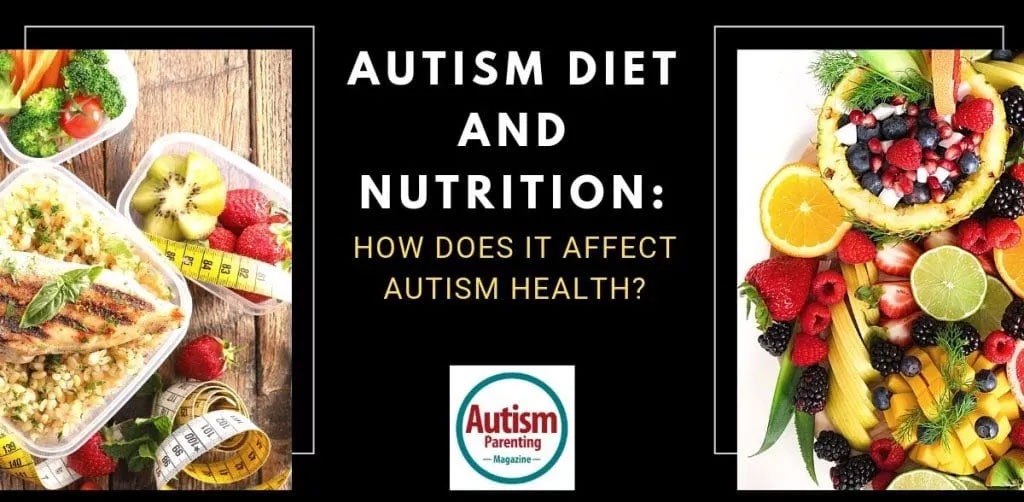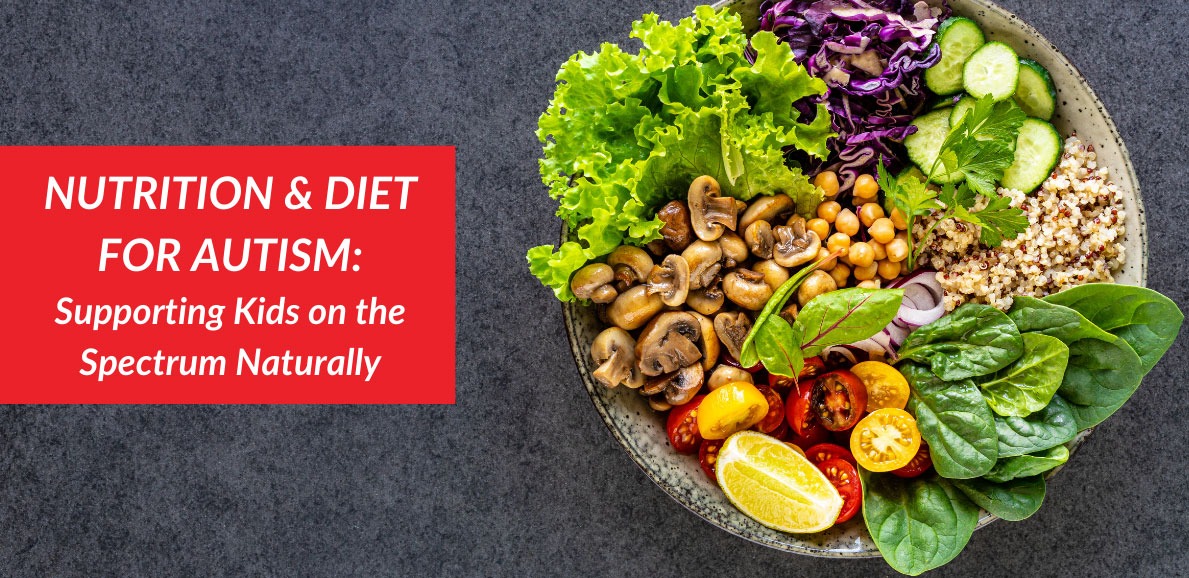

It is extremely important for children to be provided with right nutrition. Its even more if children have special needs. Many children with ADHD, Autism spectrum disorder and dyslexia are suffering from allergies. These allergies include dietary and environmental allergies. For some children gluten free and casein free diet can help immensely. For all the children, a healthy diet without artificial colors, artificial flavors, preservatives and additives could be of great help. To come with a good dietary plan for a child, some blood tests for screening allergies and heavy metal toxicity are necessary. Stool test can give more details about the gut health. With these results and the valuable information provided by the parents, a tailor-made healthy diet schedule can be framed and followed.
Since there are many new research outcomes coming everyday regarding the ‘gut brain relationship’, eating right and avoiding the rest is the easiest way to help a child. Right diet and right toilet habits can ensure good behaviors in home and school for most of the children. Most of the behaviors the child exhibits, could be due to the expression of inner discomfort/pain like sinusitis, constipation, acidity, headache and so on.
Medical research confirm that relationship exists between the digestion allergy, motility and behavior. Medical knowledge about diet is far more relevant to people with autism than anyone else. Autistic children often have low stomach Hcl levels which lead to incomplete digestion of food. Lack of digestive enzymes is a common problem in children with autism. Apart from these the children have lower pancreatic function and thus the production of bicarbonate and secretin. Chronic intestinal candidiasis is very common amongst autistic children. Increased intestinal permeability or leaky get syndrome is commonly found in autistics. Most of us know that the children with autism have gluten and casein intolerance. Dairy and gluten maldigestion create opiate compounds. Although rarely found in most people, these opiates are found in 80 – 90% of autistics. (Determined by urine samples) Opiates interface with normal cell growth and can impede normal development. For children who have gluten and casein allergy, gluten free and casein free diet is highly recommended. While formulating diet chart for a child with autism, we should consider three things. The diet should be free from all the allergy producing substances like colors, flavors, additives, preservatives and aerated drinks and should meet out all the nutritional needs of the child. Dietetic supplements like enzymes and probiotics should be given to maintain the positive bacterial flora of the gut. In my personal experience, I have seen many children improve considerably rather quickly when they follow diet. The improvement shall be well observed in the domains of behavior, sleep, receptive and expressive language, rise in attention span and mood stability.